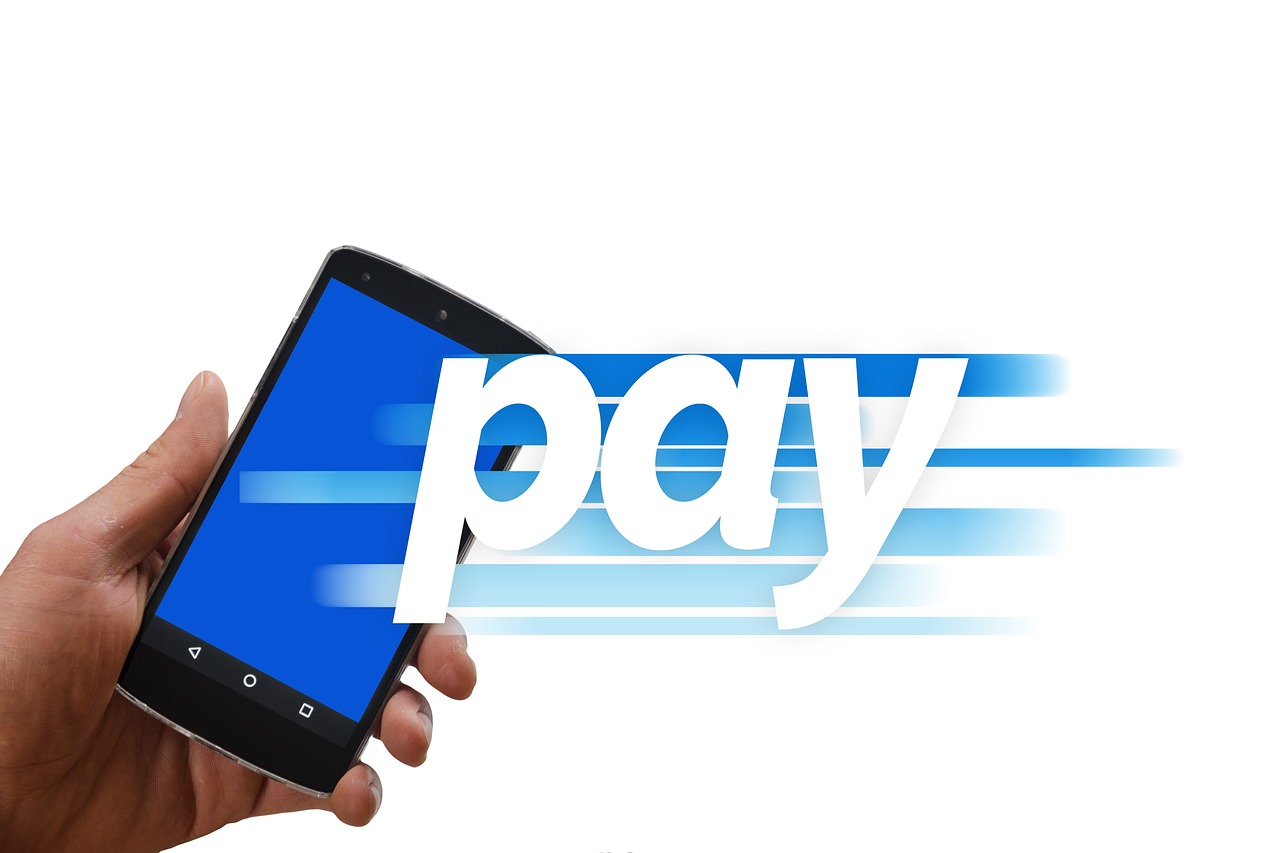Islamic finance is now widely acknowledged as a viable alternative to conventional banking. Founded on precepts derived from Sharia law, Islamic banking prohibits interest (riba), undue uncertainty (gharar), and investment in unethical or harmful activities. These institutions used to rely on conventional methods for decades, but that is rapidly changing. The intersection of financial technology and Islamic banking principles has given rise to a new ecosystem: Islamic fintech.
The Islamic finance sector worldwide now has over $2.7 trillion in assets and is still expanding at a remarkable rate every year. Yet, can centuries-old religious principles and the latest technology really go hand in hand? The answer is yes – and with great success, it would seem!
Digital Transformation in Islamic Banking Services
Traditional Islamic banks have finally joined the digital era, though rather late in the game compared to conventional counterparts. The days when Islamic banking equated to time-consuming paperwork and branch visits are now behind us.


New Islamic financial institutions are launching sophisticated mobile apps and digital technologies that maintain Sharia compliance with the provision of modern convenience. Financial analysts typically track the performance metrics of Islamic fintech startups with the same enthusiasm as football fans employ in tracking statistics on websites such as MelBet for future matches. That interest reflects growing investor confidence in the industry’s potential. Digitalization of Islamic banking includes paperless KYC processes, biometric identity recognition systems, and virtual bank branches – all with the infusion of Sharia compliance within their core.
These changes have not been superficial but have fundamentally altered how Islamic financial institutions operate. Customer onboarding, which used to take days, can now be accomplished in minutes without sacrificing the necessary checks for Sharia compliance.
| Digital Transformation Element | Traditional Islamic Banking | Islamic Fintech Approach |
| Customer Onboarding | Paper-based, requiring branch visits | Digital, remote verification with Sharia compliance checks |
| Transaction Processing | Manual oversight by Sharia scholars | Automated compliance screening with scholar oversight |
| Customer Service | Branch-dependent, limited hours | 24/7 access via chatbots and digital assistants |
| Financial Products | Limited standardized offerings | Personalized, algorithm-matched solutions |
| Documentation | Physical contracts and signatures | Digital contracts with e-signatures |
Blockchain Technology and Smart Contracts in Islamic Finance
Perhaps no technology aligns better with Islamic finance principles than blockchain. The fundamental characteristics of blockchain – transparency, immutability, and decentralization – mirror the ethical requirements of Islamic transactions. That’s pretty convenient, isn’t it?
Blockchain technology enables Islamic financial institutions to create smart contracts that automatically enforce Sharia compliance. For example, profit-sharing arrangements (mudharabah) can be programmed to distribute returns according to pre-agreed ratios without any possibility of manipulation or uncertainty.
The issuance of sukuk (Islamic bonds) has been revolutionized through blockchain. Traditional sukuk issuance involved complex documentation and intermediaries. Blockchain-based sukuk simplifies this process dramatically while providing investors with greater transparency regarding the underlying assets.
Several Islamic banks in the Gulf Cooperation Council countries have already implemented blockchain solutions for cross-border transfers. These systems ensure that money never transitions through interest-bearing accounts, maintaining compliance with the prohibition of riba at every step.
Crowdfunding and P2P Financing Platforms
Islamic crowdfunding represents one of the most successful applications of fintech principles to Sharia-compliant finance. These platforms connect capital-seeking entrepreneurs with investors looking for halal investment opportunities – all without the involvement of traditional banks.
P2P financing models in Islamic finance typically use contracts like:
- Murabaha (cost-plus financing) – where the platform purchases an asset and sells it to the entrepreneur at a marked-up price
- Ijarah (leasing) – allowing entrepreneurs to use assets without owning them outright
- Musharakah (joint venture) – where both platform investors and entrepreneurs share profits and losses
- Qard Hasan (benevolent loans) – interest-free loans often used for social impact projects
These platforms have democratized access to Islamic finance for small businesses previously ignored by traditional Islamic banks due to their size. They’ve also opened up Islamic investment opportunities to smaller retail investors who couldn’t previously access such markets.
The success of platforms like Ethis in Indonesia and Beehive in the UAE demonstrates the enormous potential of this sector. These companies have facilitated millions in funding while maintaining strict adherence to Islamic principles.
AI and Machine Learning Applications
Artificial intelligence is transforming Islamic finance in ways few could have imagined even five years ago. Machine learning software now screens investments for Sharia compliance faster and more accurately than the combined work of individual human scholars.


These systems filter company accounts, business transactions, and even news headlines to determine whether an investment is Islamic compliant. They can identify “hidden” non-compliant income streams that might escape human screening.
AI has also revolutionized customer engagement in Islamic banking. Islamic finance chatbots can present complex responses to in-depth questions on product compliance and define terms like murabaha or sukuk to prospective customers. This teaching element is central to an industry still unfamiliar to most prospective customers.
Key AI Applications in Islamic Finance
AI is finding numerous new applications across the Islamic finance landscape:
- Zakat computation is automatically performed with consideration of advanced modern financial instruments
- Interest-free credit score systems based on alternative data
- Islamic transaction-based antifraud systems
- Investment portfolio optimization under Sharia limitations
- Scholars’ sentiment analysis for new financial products
Blending of these technologies does not take away the responsibility of Sharia scholars – instead, it allows them to focus on new questions with algorithms taking up trivial compliance work.
Regulatory Technology (RegTech) for Islamic Finance
Compliance has always been a double challenge for Islamic financial institutions. They must comply with BOTH conventional financial rules AND Sharia regulations. This dual burden creates significant operational complexity and expense.
RegTech solutions specifically designed for Islamic finance needs are confronting this challenge head-on. These systems automate compliance processes, generate regulatory reporting, and flag potential problems before they arise.
An interesting new development is the creation of “Sharia RegTech” – specialty software that screens transactions for compliance with Islamic principles in real-time. Such software has the ability to hold back non-compliant transactions prior to processing, reducing the likelihood of unintentional violations.
The standardization of RegTech has the potential to ultimately address one of the built-in issues of Islamic finance: varying interpretations of Sharia requirements within each jurisdiction. By embedding compliance rules in code, these technologies are creating de facto standards that could ultimately lead to more global harmonization.
Future Prospects and Global Expansion
Islamic fintech isn’t just changing how Muslims bank – it’s expanding the reach of Islamic finance to entirely new territories and demographics. Digital-only Islamic banks are now serving Muslims in countries without traditional Islamic banking infrastructure, from Australia to Canada.
The efficiency gains from technology have made Islamic financial products price-competitive with conventional alternatives in many markets. This competition is attracting non-Muslim customers who appreciate the ethical underpinnings of Islamic finance even if they don’t share the religious motivation.
Looking ahead, we can expect to see:
- Further integration of blockchain technology throughout Islamic financial systems
- More sophisticated AI applications for Sharia screening and advisory services
- Expanded use of open banking APIs to create Islamic financial ecosystems
- Greater regulatory clarity as governments recognize the economic potential of Islamic fintech
Some industry experts predict that Islamic fintech could be the bridge that finally brings Islamic finance into the global mainstream. By making Islamic financial products more accessible, understandable, and efficient, technology may accomplish what decades of conventional promotion could not.
Conclusion: Balancing Innovation with Tradition
Islamic finance stands at a crossroads. Technology offers unprecedented opportunities to realize the higher objectives (maqasid) of Islamic commercial law – justice, transparency, and inclusive prosperity. Yet these innovations must be introduced in a manner that reinforces rather than undermines basic principles.
The most hopeful Islamic fintech proposals will be those that view technology as a means, not an end. The goal is not digitization for its own sake, but using digital capabilities to better realize the ethical vision that is at the heart of Islamic finance.
As this sector continues to evolve, ongoing dialogue between technologists, scholars, regulators, and users will be essential. Together, they can ensure that Islamic fintech is genuine innovation within tradition and not a departure from it.
The future of Islamic banking is not just digital – it is a thoughtful combination of timeless principles and timely technologies. And that combination may well prove to be attractive far beyond traditionally Islamic markets.






